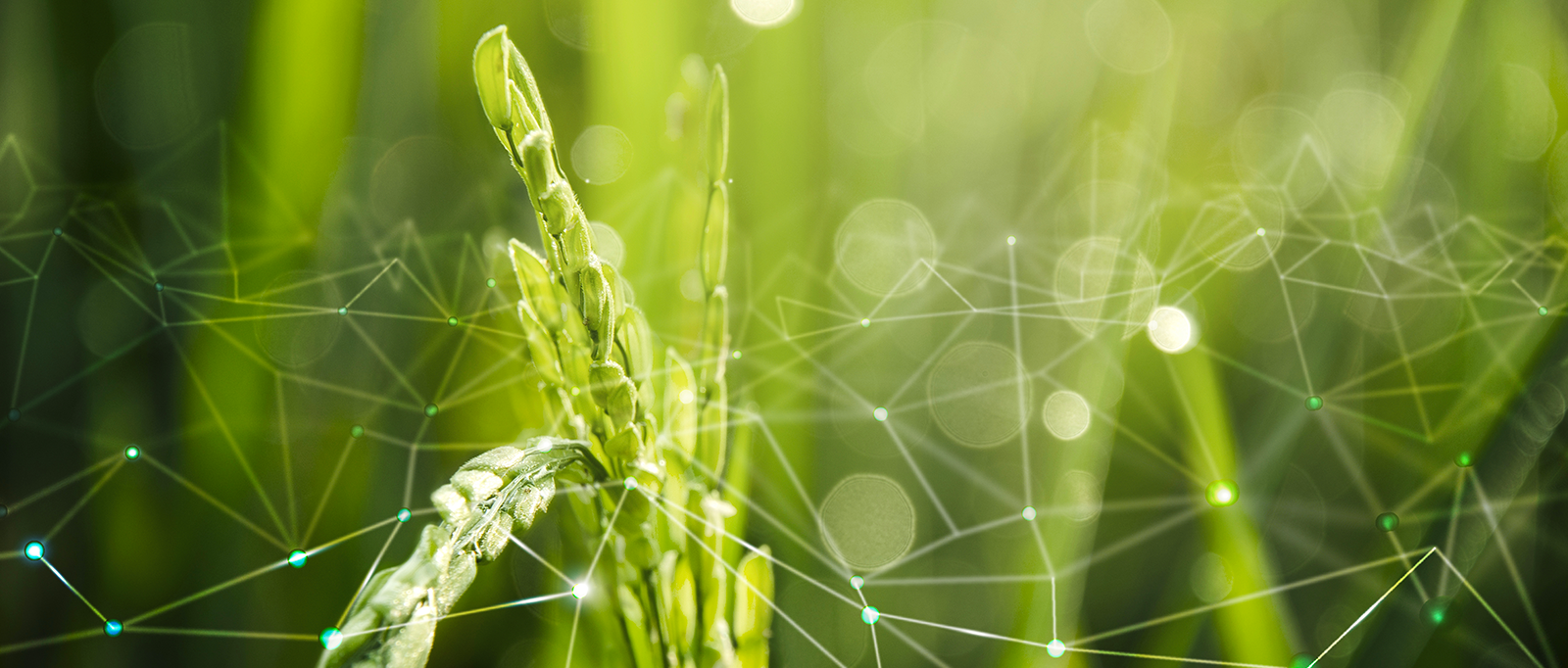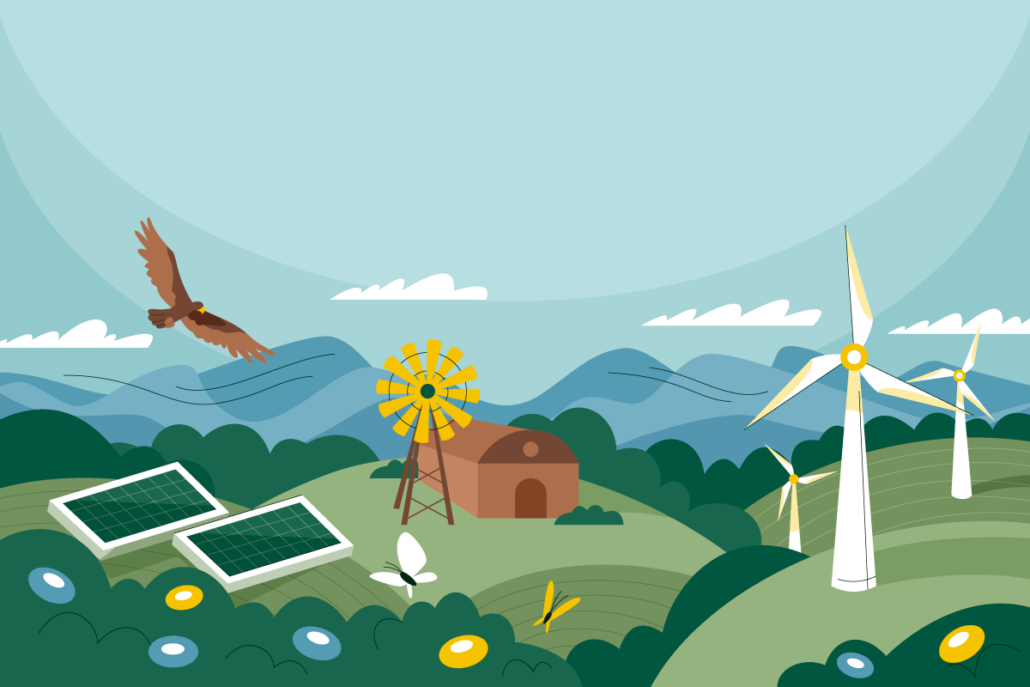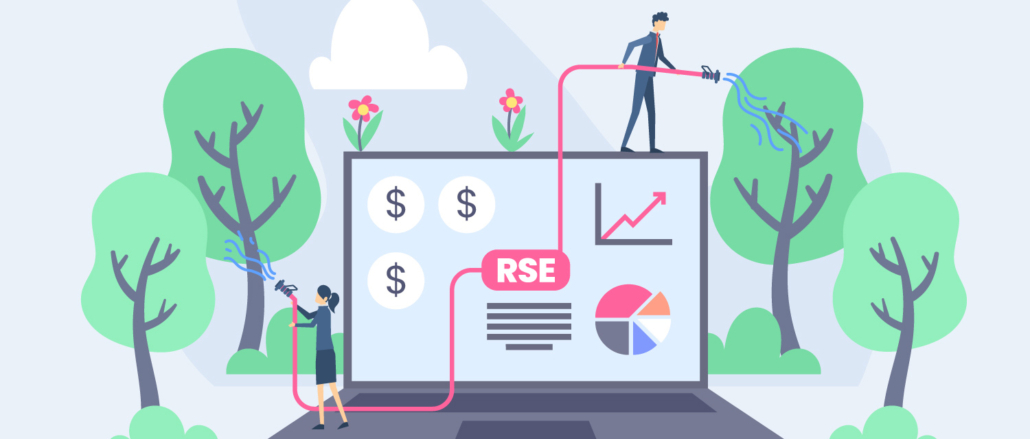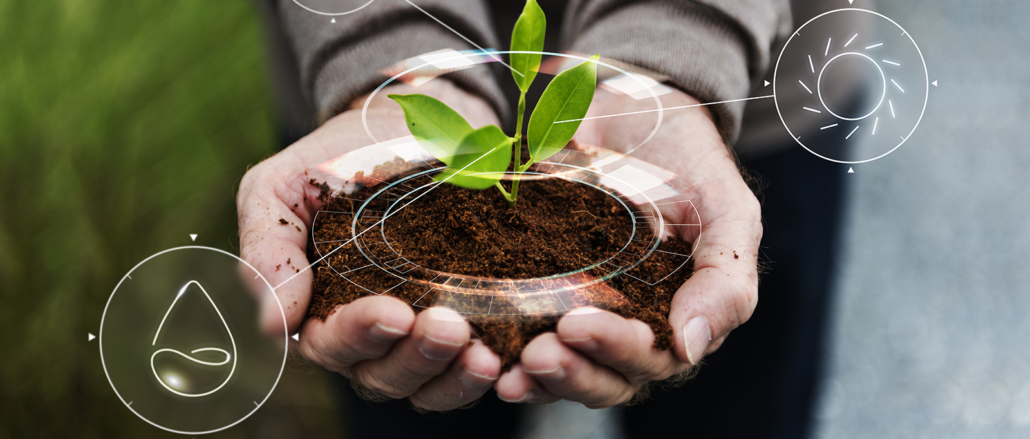
What is WWF?
The World Wildlife Fund (World Wildlife Fund) is an international conservation organization working to conserve biodiversity, reduce pollution and combat climate change.
WWF works with governments, businesses and local communities to promote sustainable practices and protect ecosystems. They have projects around the world to protect endangered species, restore natural habitats and promote sustainable agricultural practices. They work in over 100 countries and have launched more than 12,000 conservation programs since their inception.
The new project: Nature Impact
Visit Nature Impact Fund is an investment fund that provides financial support to companies with eco-responsible practices. The fund invests in companies that have a positive impact on the environment, supporting projects such as renewable energies, the sustainable management of natural resources and the protection of biodiversity.
This NGO invests in companies with sustainable and eco-responsible practices. These companies are selected for their positive impact on the environment, including their ability to reduce their carbon footprint, promote biodiversity and use natural resources responsibly. The fund invests in projects such as renewable energy, the sustainable management of natural resources and the protection of biodiversity. By investing in these companies, the fund is contributing to the transition to a more sustainable, environmentally-friendly economy.
WWF has created the Nature Impact Fund to encourage companies to adopt sustainable, environmentally-friendly practices. By investing in these companies, the fund can help stimulate innovation and encourage the transition to a more sustainable economy. WWF believes that businesses can play a key role in protecting the environment, and the Nature Impact Fund is a way for them to support companies that are making efforts to have a positive impact on the environment.
Companies have a significant impact on the environment through their economic activities, energy consumption and greenhouse gas emissions. However, companies also have the potential to become key players in the fight against climate change and environmental protection. By adopting sustainable practices and investing in green technologies, businesses can not only reduce their environmental impact, but also improve their long-term profitability. So WWF is right to believe that business can play an important role in the transition to a more sustainable economy.
France and a sustainable economy
In France, the transition to a more sustainable economy is a major challenge. The French government recently passed the AGEC law (Anti-waste for a circular economy), which aims to reduce waste and promote thecircular economy. This law imposes concrete measures on companies, such as aban on the destruction of unsold non-food products, the establishment of recycling channels for end-of-life products, and the obligation to reuse or recycle construction materials.
The AGEC law is an important step in the transition to a more sustainable economy in France, and shows that the government is determined to take concrete action to protect the environment and promote the circular economy. Businesses have a key role to play in implementing this legislation, and can contribute to the transition to a more sustainable economy by adopting greener practices and investing in sustainable technologies.
CircularPlace: the solution for your transition to a circular economy
With this in mind, CircularPlace has developed a marketplace for the resale of your unsold non-food products between professionals, and puts you in touch with non-profit organizations to recover your products.
You can also opt for a white label solution that will allow your company to circularize your equipment internally and to engage your employees around ecological themes.
Don’t throw away any more, opt for the second hand!
Read also
Questions about CircularPlace?



